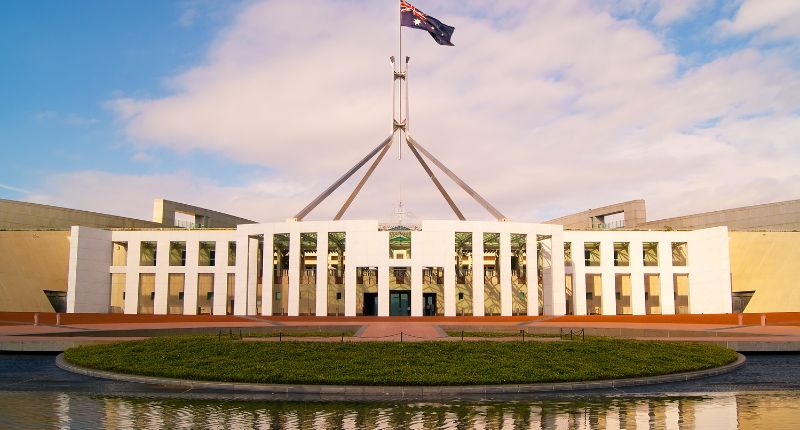
- HAFF bill expected to pass this sitting fortnight.
- The $10B bill intends to address Australia's housing affordability crisis.
- Industry leaders react to the passing of the bill.
The Greens have agreed to the Federal Government’s delivery of the Housing Australia Future Fund (HAFF) after months of negotiations. The bill is set to pass this sitting fortnight.
The $10 billion package is one aspect of a larger housing reform agenda, which is set to see:
- $3 billion go towards the New Homes Bonus, and $500 million Housing Support Program,
- $2 billion go towards the Social Housing Accelerator to deliver thousands of new social homes across Australia,
- A National Housing Accord which includes federal funding to deliver 10,000 affordable homes over five years from 2024 (to be matched by up to another 10,000 by the states and territories),
- Boosting the maximum rate of Commonwealth Rent Assistance by 15%, the largest increase in more than 30 years,
- An additional $2 billion in financing for more social and affordable rental housing through the National Housing Finance and Investment Corporation (NHFIC),
- Further incentives to boost the supply of rental housing by changing arrangements for investments in built-to-rent accommodation,
- $1.7 billion one-year extension of the National Housing and Homelessness Agreement with States and Territories, including a $67.5 million boost to homelessness funding over the next year, and
- States and territories supporting the national rollout of the Help to Buy program, which will reduce the cost of buying a home.
Following continued negotiations and the sourcing of an additional $1 billion, the bill is now expected to also address a multitude of other acute housing needs, including:
- $200 million for the repair, maintenance and improvement of housing in remote Indigenous communities,
- $100 million for crisis and transitional housing options for women and children impacted by family and domestic violence and older women at risk of homelessness, and
- $30 million to build housing for veterans who are experiencing homelessness or are at risk of homelessness.
UPDATE: The HAFF bill has found a majority vote in the upper house as of September 13.
Industry warmly welcomes the news
Property Council of Australia‘s chief executive, Mike Zorbas, welcomed the bill coming to pass.
“A wealthy, land rich nation like Australia should not have a housing deficit,” said Zorbas.
“This is welcome news for social housing and housing supply in general.
“Australia now has a better chance of achieving our ambitious national target of 1.2 million homes by 2029.
“Now we must turn our attention to the unfinished business of improving our state planning systems so they can deal with the welcome influx of skilled migrants and students over the decade ahead,” he added.
The Urban Development Institute of Australia (UDIA) also expressed enthusiasm for the landmark bill.
“The HAFF is a transformative set of measures and once passed will secure a workable framework for delivery of affordable and social housing for the next 25 years,” said UDIA national president, Maxwell Shifman.
Shifman added that, while all the details of what will be passed are yet to be finalised, what has been announced is that the HAFF has been enhanced by an additional $1 billion invested in the National Housing Infrastructure Facility to support new homes.
The agreement will also lock in a $500 million floor in annual funding rather than a ‘ceiling’.
The 1.2 million homes target is a critical part of the entire housing initiative and relies on Governments across the nation being able to unlock a mix of at-market, affordable and social housing.
“Given the stark reality of decades long declines in housing supply and chronic shortages of housing across the spectrum, the HAFF has come not a moment too soon.”
Master Builders Australia CEO, Denita Wawn, applauded the news on HAFF, noting:
“Whether it is social and community housing, rental properties, or owner-occupiers, the common constraint is supply.”
“The Housing Australia Future Fund legislation is a vital piece in the housing puzzle by encouraging investment in the social and community housing sector.
“Passing this legislation is imperative to delivering the National Housing Accord target of 1.2 million new, well-located homes in the next five years.”
Wawn added that to improve housing affordability across the market, all levels of government should continue to work to implement continuous land supply through rezoning and planning, and taxes on the development and buying process should be reduced.







